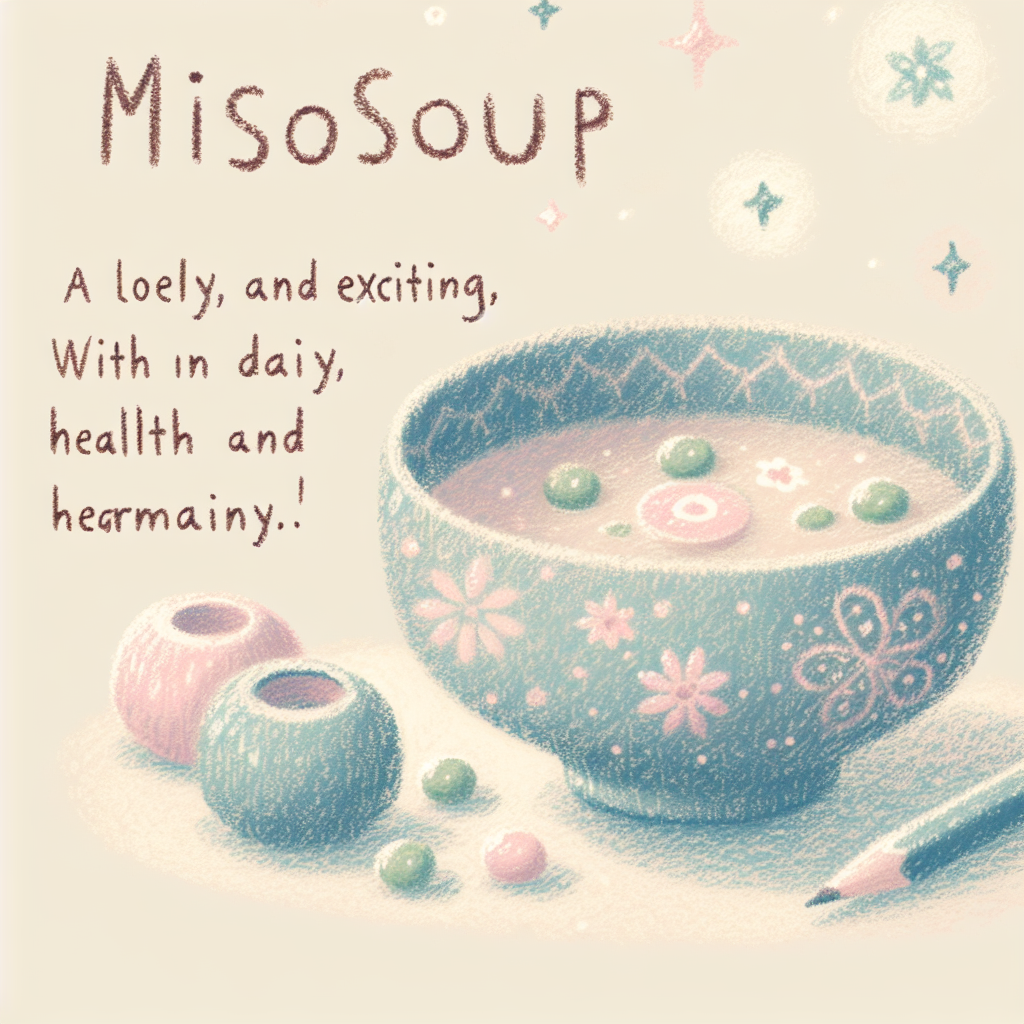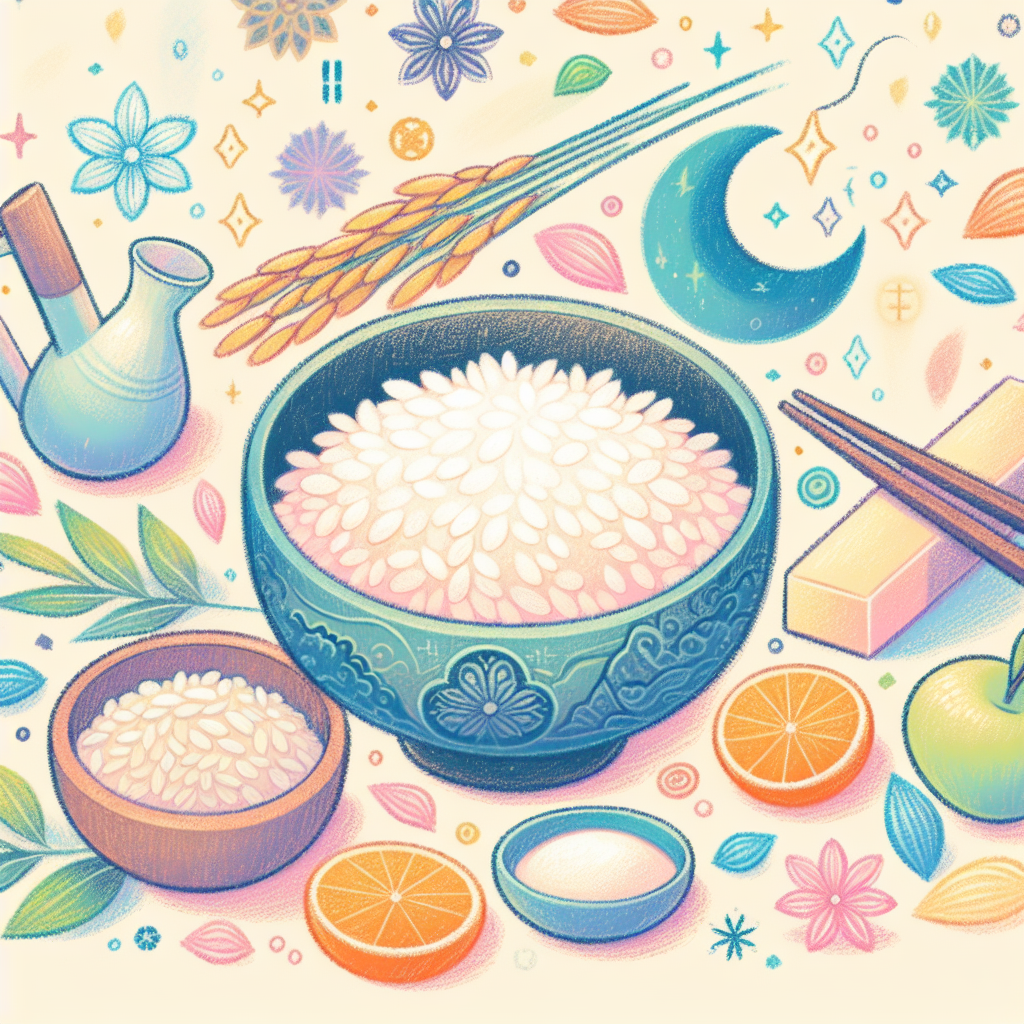Miso Soup: The Cultural Ritual for Health and Balance
Miso Soup: A Daily Ritual for Health and Harmony Miso soup is not just a meal; it’s a traditional Japanese soup that has captivated the hearts and palates of families for generations. Its appeal lies not only in its remarkable nutritional content but also in its rich cultural background and essential role in daily life. This article explores how miso soup contributes to our health and harmony, making it a beloved everyday staple. Nutritional Power: A Superfood for Your Health The main ingredient of miso soup, miso, is a nutritional powerhouse. Made from fermented soybeans, miso is rich in high-quality protein, B vitamins, and minerals. As a fermented food, it…









